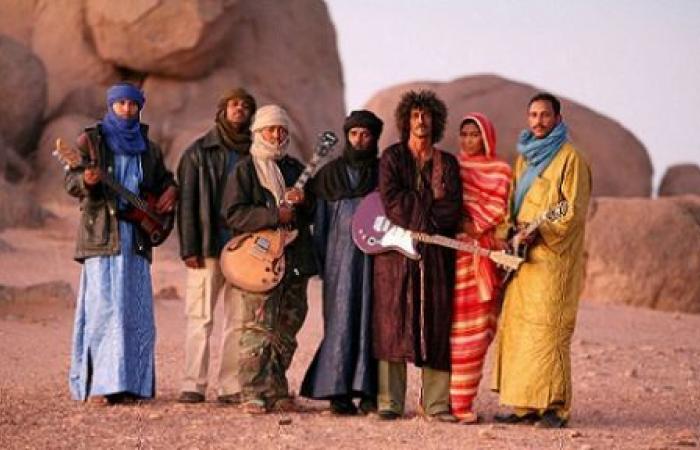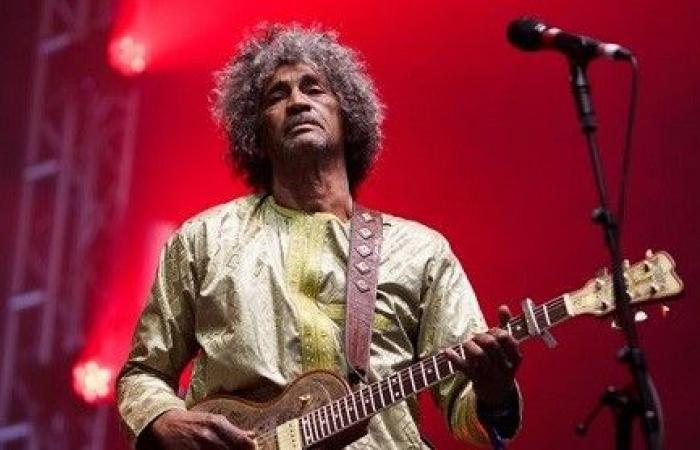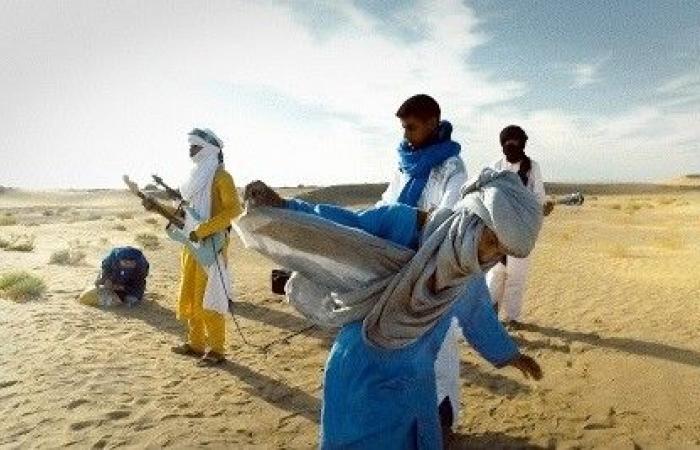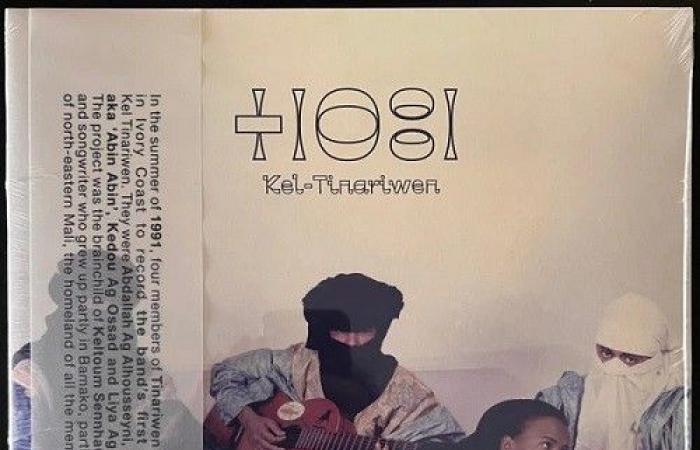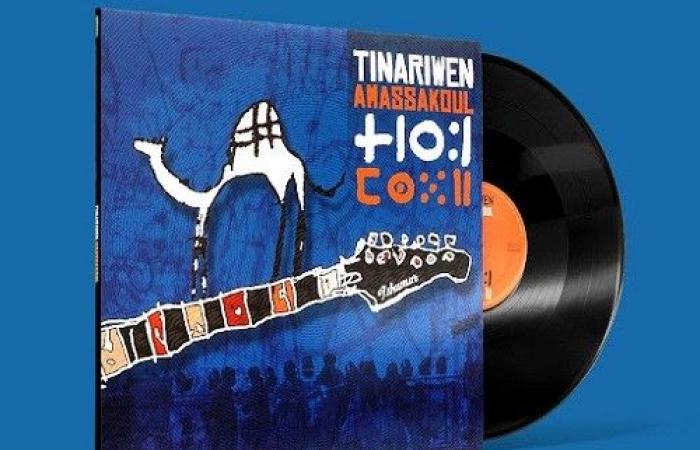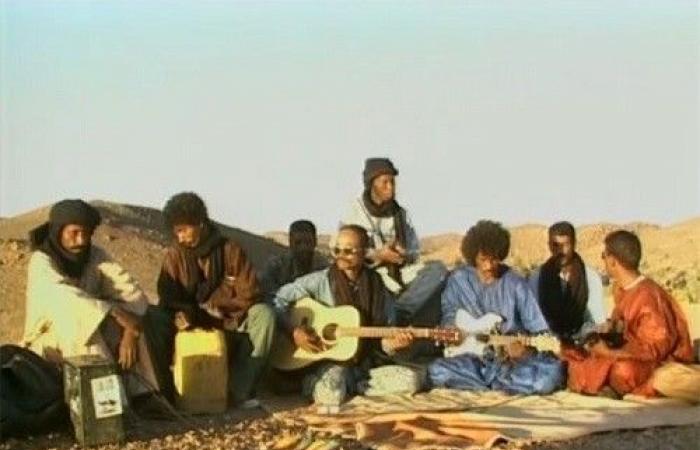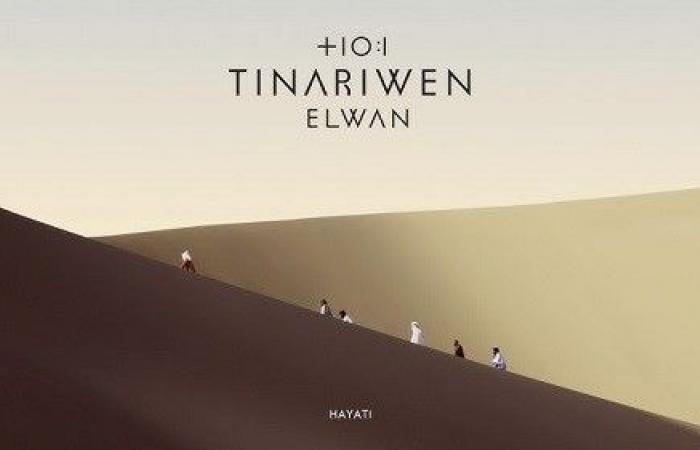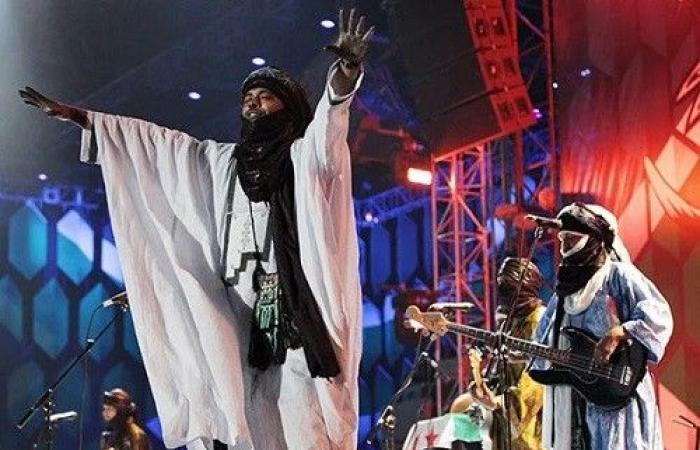(Ecofin Agency) – Tinariwen is often referred to as the 1is Grammy Award-winning African group. The Touareg collective is, however, much larger than this distinction received in 2012. Pioneer of “Desert Blues”, Tinariwen is above all the guardian of Assouf, a Music filled with the frustration and hopes of several Berber generations.
Their name is the plural of “Ténéré”, which means “Desert” or even “Country”. Their group has several origins, Mali and Algeria perhaps, countries of its two leaders, or even Libya, where they met. No matter, when asked the question, they answer that the origin does not matter, and that only the mission counts, to lead a struggle with the help of music for the emergence of the Tuareg people. .
On tour, Tinariwen likes to remind the public that weapons do not necessarily solve problems. They know what they are talking about, as the first years of the group were more linked to the noise of machine guns than to the sound of musical instruments.
Beginnings between guitars and machine guns
At the age of 4, Ibrahim Ag Alhabib, future leader of the gang, witnessed the execution of his father, a Tuareg rebel, during an uprising of this people in Mali in 1963. The conflict forced him to flee with many displaced people. He spent his childhood in Algeria, in refugee camps near Bordj Badji Mokhtar and in the deserts bordering the southern town of Tamanrasset. Already at the time, the man who took the nickname “Abraybone” liked music. After seeing a western where a cowboy played the guitar, he built his own instrument with a plastic bottle, a stick and fishing line.
Ibrahim Ag Alhabib
Later, he left for Libya with other Tuareg exiles. There he met the Algerian Alhassane Ag Touhami and the Inteyeden brothers. Liya Ag Ablil is added to the group which ultimately never stops welcoming new musicians. At first, they played at parties and weddings. Because they do not have a name, they are nicknamed “Kel Tinariwen”, which means “The people of the deserts” or “The boys of the desert” in Tamasheq, a Tuareg language.
In 1980, Libyan leader Muammar Gaddafi invited all young Tuareg men living illegally in the country to receive military training. The band seizes the opportunity and leaves for 9 months in a camp where new musicians join them. The band of music-loving soldiers in training decided to structure themselves, and the group officially created in 1982 dedicated its music to the problems of the Tuaregs. This is how Assouf, the music of Tuareg melancholy, was born in the middle of the Sahara.
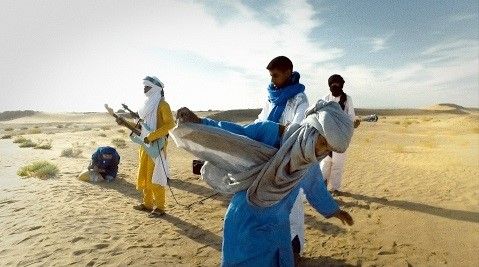
It is a sort of mixture of Blues, Rock and traditional music which tells of the disappointed hopes of several generations of this people. Those of the generation of 1963, but also those of the “Ishumars”, the unemployed trained in Libya and having grown up in exile, in the camps. The group recorded some songs on homemade cassettes. “Our music expresses the Tuareg people’s thirst for freedom, as well as their aspiration for respect and dignity. We accept this clearly political discourse. It’s a constant battle.” member Eyadou Ag-Leche confided years later.
In 1989, the collective left Libya and settled in Mali. A year later, the Tuaregs of Mali revolted against the government of President Moussa Traoré, and some of the group's musicians fought within the rebellion. After the conclusion of a peace agreement in January 1991, they left the rebel movement and devoted themselves full time to music.
First album in Abidjan, Ivory Coast
In 1991, 3 musicians from the group went to Ivory Coast, which at the time was beginning to become an African music hub, for a first experience at the JBZ studio, a local reference. The first album “Kel Tinariwen” was produced in 1992 by the Malian Keltoum Walet, whom she met in Kidal in 1989. The lady had noticed that the homemade cassettes broadcasting their music were almost inaudible. “You had to guess, try to understand what the artist was saying” she narrates, explaining why she decided to improve the quality of the product.
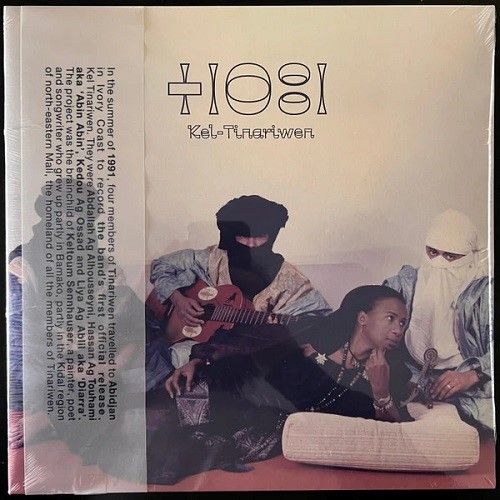
In one month, they select the titles most representative of their message. “We wanted to touch the Berber world beyond our Tuareg world, because our destinies somewhere are linked by culture. We had to create this osmosis” says Keltoum Walet. The final sound, however, does not yet resemble the melancholy and characteristic music that will give Tinariwen worldwide fame. Closer to Arab pop, the album turns out to be more of a musical research for the group, even if we already discover the haunting sound of its guitar and its contemplative universe on titles like “Mas Azalene Wi Amoutenene” and “AdouniaTarha “.
For the record, it is the technician Pierre Houon, father of DJ Arafat, another future big name in African music, who will take care of recording it.
International notoriety and Grammy Award
In 1999, Tinariwen's appearance at the “Les Nuits Toucouleurs” Festival in Angers under the name Azawad launched her rise to international recognition. His Desert Blues touches the audience and they are covered with applause. In 2000, the group released “The Radio Tisdas Sessions”, an album recorded in 2 days in Kidal in collaboration with Justin Adams, English rock guitarist. This disc marks the beginning of an international adventure, but it was with “Amassakoul” released in 2004 that Tinariwen achieved worldwide fame.
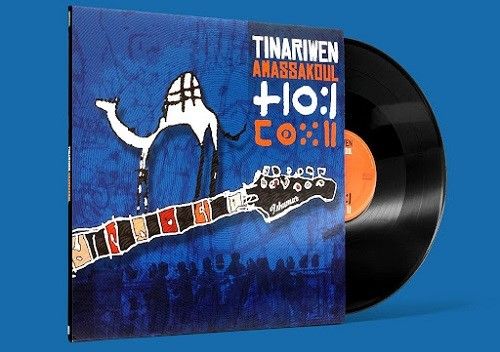
The album was a huge success and the group became in high demand in the West. Its members tour throughout Europe, the USA, Canada and Asia. In 2007, the album “Aman Iman” was certified silver in the United Kingdom. Tinariwen attracted the attention of global rock figures like Robert Plant of Led Zeppelin, who joined them on stage during a memorable concert at the Bataclan in Paris in 2007. Director Jérémie Reichenbach produced a documentary on the birth of the group. It is called “Teshumara, the guitars of the Touareg rebellion”. In 2006, the film won the Grand Prix for musical documentary from SACEM in France.
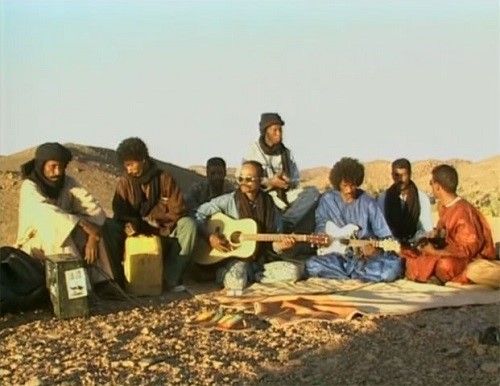
Scene from the documentary “Teshumara, the guitars of the Touareg rebellion”
In 2010, Tinariwen participated in the opening concert of the FIFA World Cup in South Africa. In 2012, the group won the Grammy Award for best album in the “World Music” category for their album “Tassili” (2011). At that moment, he established his presence in the world pantheon of music. Shortly after, he opened for the Red Hot Chili Peppers at the Stade de France. In 2017, he released his 7e album “Elwan”. On the 8e« Amadjar », sort in 2019.
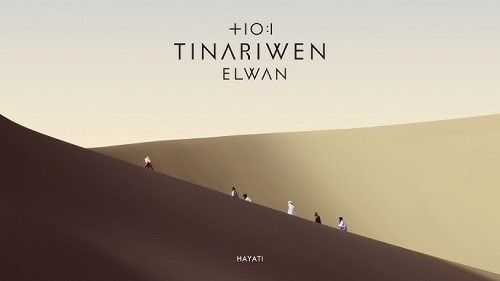
The 9e The group's album will be released in 2023 and is called “Amatssou”. 41 years after its creation, Tinariwen's music has not aged a bit.
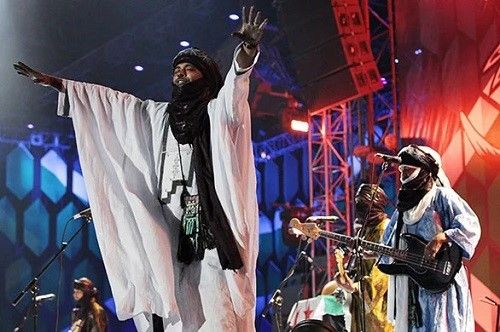
Tinariwen at the opening concert of the 2010 World Cup in South Africa. Photo: JON HRUSA/EPA
Servan Ahougnon
Edited by: Feriol Bewa

